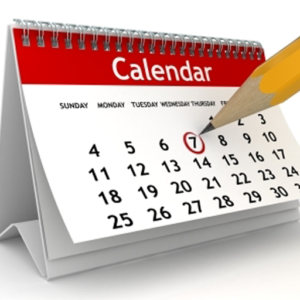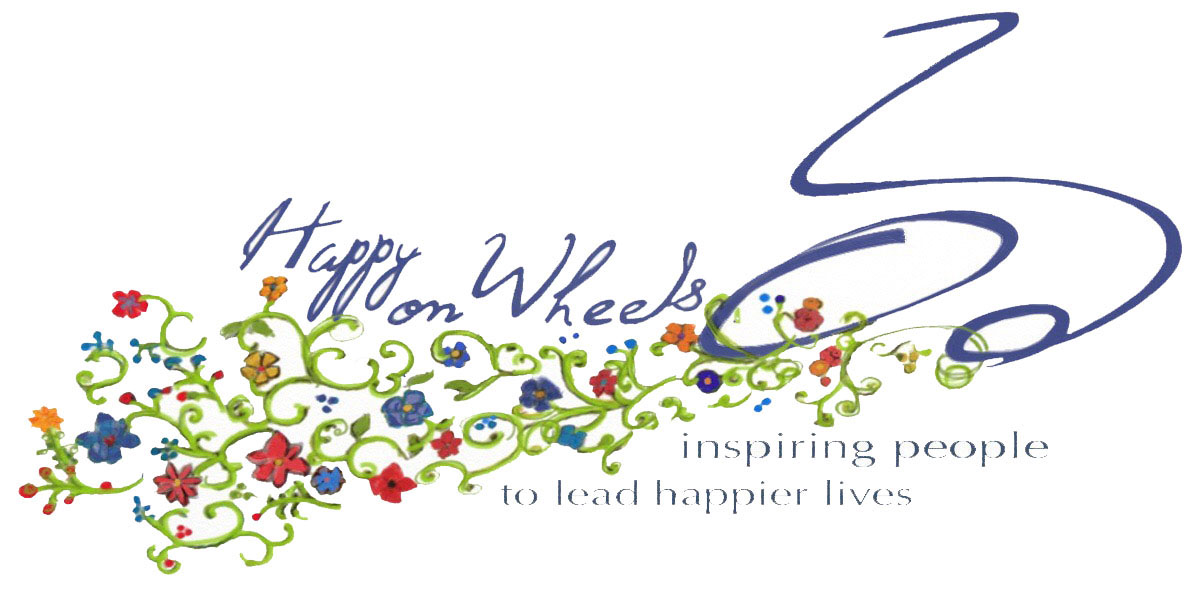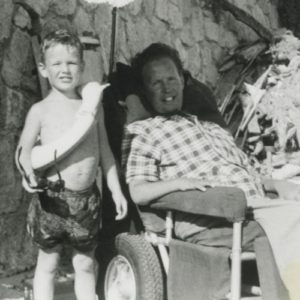Tradition
If you are a lover of musical productions, the word “tradition” may inspire you to break into song from Fiddler on the Roof (I admit, one of my favorite tunes from a musical). By definition, tradition means “the transmission of customs or beliefs from generation to generation, or the fact of being passed on in this way.” Throughout life, traditions bring forth feelings such as comfort, love, order, and happiness. Traditions inspire a foundation of expectations and structure related to events, gatherings, and celebrations. Traditions accompany many  ceremonial activities, both happy and sad; wedding and funeral; birth and death. Traditions are also concurrent with common life events such as graduations, religious confirmations, career achievements, and notable birthdays.
ceremonial activities, both happy and sad; wedding and funeral; birth and death. Traditions are also concurrent with common life events such as graduations, religious confirmations, career achievements, and notable birthdays.
Personally, I am a fan of traditions. During my life, traditions accompanied most holidays. I knew what food to expect, the fun events that would occur, and the people that would be present. My mother was the master of creating the great traditions of our household. My birthday, in the summer, was a swim party with a Carvel ice cream cake. My father’s favorite strawberry shortcake was always baked for his August birthday. I can still smell my mother’s juicy Thanksgiving turkey roasting early in the morning and can taste her famous chestnut stuffing. Memories embedded in my mind of the extra effort she put into Hanukkah, creating a bevy of activities for our family celebration and, of course, making hors d’oeuvres of sweet-and-sour meatballs, warm crab dip and potato chips with onion dip. And her signature desserts, including her famous chocolate cream pie and rugelach, were always the biggest hits. The Jewish cliché Christmas at the movies followed by Chinese food; lobster dinner at home for New Year’s Eve; and Valentine’s Day, where breakfast was accompanied by a new book and cakes baked in the form of a heart. These were some of the foundational traditions of my childhood.
As I got older and my siblings had their own spouses and children, traditions began to change. Thanksgiving arrived on wheels from New York to my condo in Virginia. Hanukkah was celebrated individually and the famous food and gift celebration stopped. Birthdays were marked with beautiful cards with a check inside. And I developed my own traditions: Christmas Eve movies and Chinese food with a friend; having an annual New Year’s Eve party with neighbors and my hosting a New Year’s Day party; Jewish holidays observed in a different venue; and the addition of new traditions like my yearly Kentucky Derby party.
I could continue the list, but I’m sure many of you have memories steeped in tradition. While the memories may all be different and the traditions are likely not the same, there is a constant. Traditions change. And change is positive in many ways as life circumstances change. However, as I get older, change is more often than not spurred by an unhappy event and not a proactive decision.
 In 2005, after I got married, my parents would join my in-laws and often times their extended family for Memorial Day, Thanksgiving, Passover, and other special days. After my mother passed away, my father continued to travel to Virginia and we celebrated these special days together and in the same way. When my father could no longer could travel, these traditions of close to 10 years ceased. The first Memorial Day without either of my parents felt unrecognizable. I yearned for my father and realized that it was an end of an era. We began travels to see my father, and while the trips often coincided with holidays, the expectation of what would occur was completely different. I was confronted with the realization that many familial traditions were of the past.
In 2005, after I got married, my parents would join my in-laws and often times their extended family for Memorial Day, Thanksgiving, Passover, and other special days. After my mother passed away, my father continued to travel to Virginia and we celebrated these special days together and in the same way. When my father could no longer could travel, these traditions of close to 10 years ceased. The first Memorial Day without either of my parents felt unrecognizable. I yearned for my father and realized that it was an end of an era. We began travels to see my father, and while the trips often coincided with holidays, the expectation of what would occur was completely different. I was confronted with the realization that many familial traditions were of the past.
Family and friends have experienced losses of siblings, close friends, and parents over the past couple of years and have shared stories about the cherished memories accompanied by traditions. These memories bring happiness and the smells, tastes, and thoughts feel alive and present. At the same time, the loss oftentimes brings with it the end of a special tradition and the vision of future life events. In some cases, activities of daily life that were overlooked as traditions create a feeling of emptiness. Exercise class, monthly book club, daily walks, and many other rituals are different and have a missing link. This may be gradual or sudden, but nevertheless difficult.
For me, more than any other time of year, the winter holidays are steeped in tradition. As I reflect at age 50, I realize the enormous change in the traditions that I experienced for so many years. I have developed new and enjoyable traditions. Some as a result of unfortunate circumstances, and others because of new friends, emerging interests and positive life events. Regardless of whether the reason for the change in tradition is good or bad, I have decided that it is up to me to move forward and step up to the challenge of creating new traditions. Being brave enough to celebrate something old in a new way, knowing that I may not like it at first. I’ve accepted that new isn’t necessarily bad and may even be better. I can cherish and remember the past order of traditions and still welcome the new by opening my mind to accept a different way of marking an occasion and having the will to embrace it as an event to build upon. I firmly believe that this frame of reference will guide me and hopefully others on a path that leads to being comfortable with traditions, old and new.



